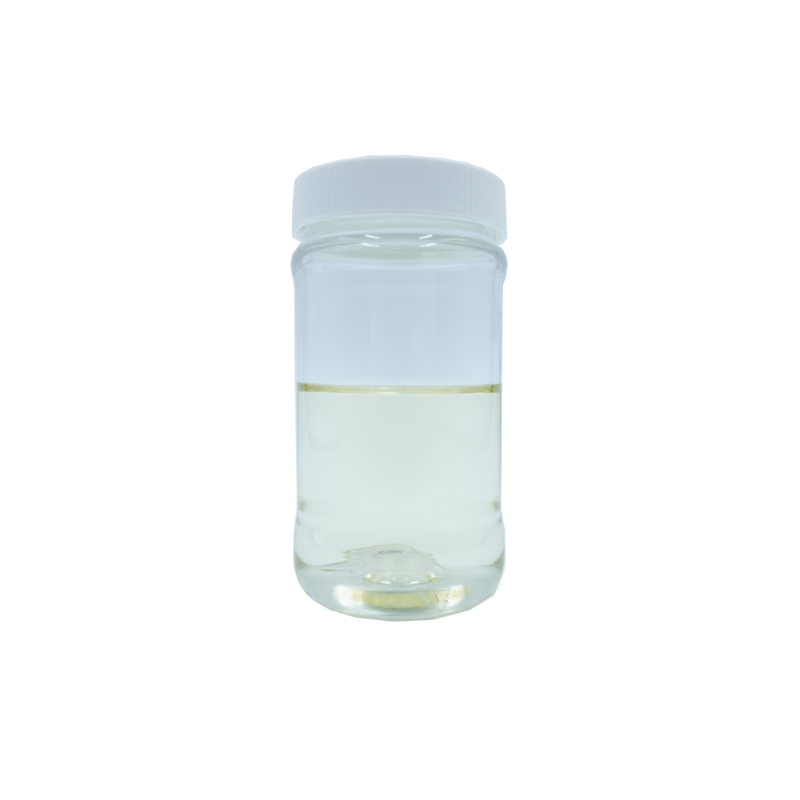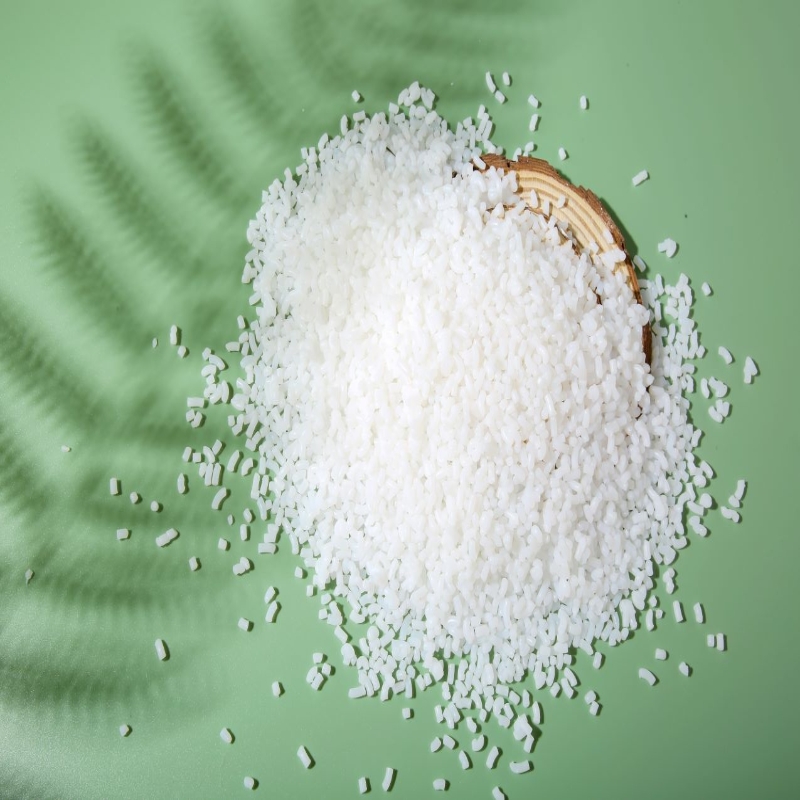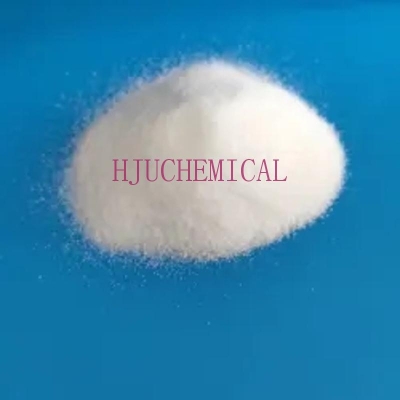-
Categories
-
Pharmaceutical Intermediates
-
Active Pharmaceutical Ingredients
-
Food Additives
- Industrial Coatings
- Agrochemicals
- Dyes and Pigments
- Surfactant
- Flavors and Fragrances
- Chemical Reagents
- Catalyst and Auxiliary
- Natural Products
- Inorganic Chemistry
-
Organic Chemistry
-
Biochemical Engineering
- Analytical Chemistry
-
Cosmetic Ingredient
- Water Treatment Chemical
-
Pharmaceutical Intermediates
Promotion
ECHEMI Mall
Wholesale
Weekly Price
Exhibition
News
-
Trade Service
Earnings before interest and tax on special items are expected to be EUR 1 billion (down 47% YoY
industrial production is significantly lower than expected, squeezing
BASF's sales and profit
s As a result of the spin-off of Wintershall, net profit is expected to be EUR 6.5 billion (up EUR 5 billion from the second quarter of 2018)
Full-year outlook for 2019: earnings before interest and tax on special items are expected to fall to 30% from the previous year According to current projections, industrial production growth in the first half of 2019 will be about 1.5%, well below expectations. Growth in the global automotive industry has been particularly pronounced: global production fell by 6% in the first half of 2019
. China, the world's largest auto market, has fallen at a 13 per cent rate longer than the world's. Weak agricultural developments in North America have put additional pressure on the region's main crop growing, which is lower than the previous year and below historical averages, due to harsh climatic conditions. Weak farmers' earnings prospects and trade disputes have led to lower demand for crop protection products. Contrary to what BASF assumed in its 2018 report, the conflict between the United States and its trading partners, particularly China, has not yet eased. In fact, the G20 summit in June showed that the second half of 2019 is not expected to be a rapid easing. Overall uncertainty remains high.
environment, preliminary figures for the second quarter of 2019 were well below current analysts' expectations and BASF's expectations at the beginning of the year.
sales
4% in the second quarter of 2019 to EUR 15.2 billion (Q2 2018: EUR 15.8 billion). Earnings before interest and tax
, net of special items
are expected to be EUR 1 billion in the second quarter, down 47% from the second quarter of 2018 (Q2 2018: EUR 2 billion). The decrease in EST earnings, net of special items, was mainly due to a significant decrease in earnings in the Materials, Chemicals and Agricultural Solutions business compared to the same period last year.
as expected, the significant decline in isocyanate prices resulted in a significant year-on-year decline in EST for the materials business, which did not include special items in the second quarter of 2019. The decline in the chemicals business was mainly due to planned repairs to steam cracking plants in Port Arthur, Texas, and Antwerp, Belgium, and to product margins for steam cracking units, particularly in North America, which were well below BASF's forecasts. The agricultural solutions business was negatively affected by unforced earnings before interest and tax on special projects due to unforced adverse weather conditions and weak agricultural development in North America as a result of the trade conflict between the United States and China. In this challenging global economic environment, several other business areas have experienced significant increases in E/E earnings (industrial solutions) or slight growth (surface treatment technology, nutrition and care) that do not include special projects. Earnings before interest and tax on other businesses, net of special items, fell sharply compared to the same period last year.
BASF Group's second quarter 2019 earnings before interest and tax
are expected to be 71% lower than last year to EUR 500 million (Q2 2018: EUR 1.9 billion). This was due, excluding the decline in EBT for special projects, mainly to one-off expenses from "excellent projects" and losses on a gas investment in the U.S. Gulf of Mexico, which BASF has terminated.
BASF is moving forward in an orderly manner with a number of announced corporate strategy-related measures, in particular portfolio management and cost optimization. With the further implementation of the Project Excellence, it is expected to contribute EUR 2 billion per year in EBITDA to the Company from the end of 2021. BASF plans to cut 6,000 jobs worldwide by the end of 2021.
net profit is expected to rise to 6.5 billion euros (Q2 2018: 1.5 billion euros). This is due to the merger of Wintershall and DEA on 1 May 2019, and the accounting gains from the split of Wintershall, which will be reflected in the after-tax profits of the terminated business.







